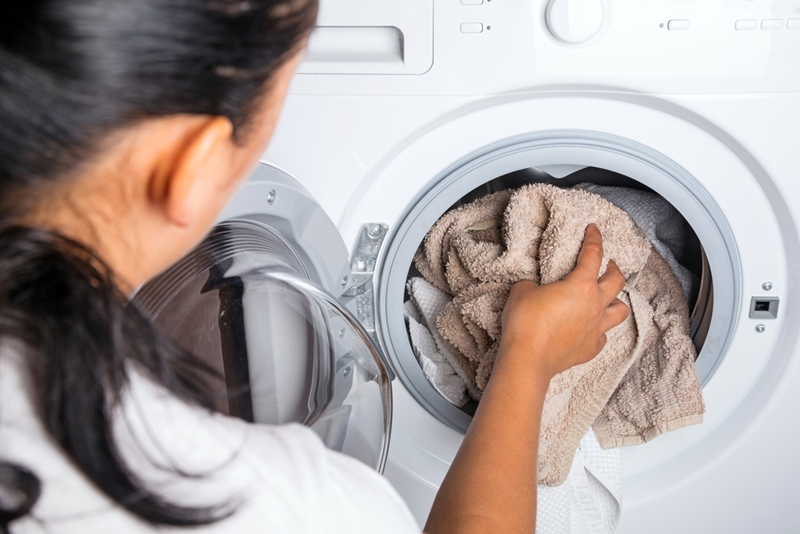
Can you secure the loyalty of robotic shoppers?
Securing customer loyalty is key for retailers, but what happens when machines are the shoppers? Analytics will help cater to tomorrow’s robot consumers.
Australian retailers are leveraging technology for customer loyalty programs, but are they prepared for a time when technology is the customer? Thanks to the growth of the internet of things (IoT), we’re approaching an age where devices will be able to shop for themselves, so to speak.
What will this mean for concepts like customer loyalty and repeat business? And what can retail organisations do to prepare for this more-automated future?
Bring on the robot shoppers
The printer of the future won’t have a notification for low ink levels; it will determine exactly when it will run out and order replacements for itself so they arrive with plenty of time to spare. This is what lies ahead for the retail sector, thanks to the IoT. Connected devices will be designed with the ability to cater more autonomously to their own upkeep.
 The next generation of washing machines will be able to order their own detergent.
The next generation of washing machines will be able to order their own detergent.
“As the Internet of Things (IoT) continues to expand over the next five years, the effects on multichannel retailers will be more disruptive than anything seen to date and will require advanced analytics capabilities to cope with this disruption,” says Robert Hetu, Gartner research director.
Mr. Hetu uses the example of a replacement water filter for a refrigerator to illustrate how the IoT will upend the concept of customer loyalty.
“While today the retailer may feel confident in that customer’s repeat purchase, perhaps because the customer acquired the appliance from the store, or is comfortable locating the filter in the physical store. The refrigerator, seeking the replacement on its own, has neither loyalty to the retailer nor concern about finding the item,” Mr. Hetu said.
“As a result, the “thing” (in this case the refrigerator) will seek the best combination of price and availability. This change will require the retailer to evaluate the potential transaction in an instant and determine a course of action to save the sale or allow it to pass to others.”
Start planning now
The sort of disruption we’re discussing might sound like it’s still decades off, but it’s already here in some forms.
Alexa Voice Shopping from Amazon already lets users in certain markets delegate the vendor selection to the virtual assistant, which will prioritise outlets based on rating, value and compatibility with Amazon Prime.
Amazon has confirmed it will launch it’s Marketplace to Australia next. Alexa probably won’t be part of an initial entry, but it could follow soon after. Retailers who dismiss this technology’s impact will be left behind.
“If Amazon isn’t on the agenda at board meetings for Australian retailers, then it should be,” said David White, national leader for Deloitte’s Retail, Wholesale and Distribution Group.
“Retailers can’t afford to wait and see what Amazon does.”
“We are already seeing several retailers setting up task forces to assess the potential impact of an Amazon market entry, but it’s not yet clear what exactly the company has planned for Australia. So retailers can’t afford to wait and see what Amazon does; they need to be developing strategies and taking action now.”
Gerry Harvey, co-founder of Harvey Norman has made his position clear; “Amazon are a curse. They’re plunderers.”
“At the end of the day they are going to contribute to chaos. And they’re going to cost a lot of people their livlihoods.”
Analytics will be the key
With devices doing the shopping, retailers will need to reevaluate how they try and foster customer loyalty. After all, factors such as convenience and friendly sales associates likely won’t mean much to robots.
As a result, business intelligence and analytics tools will become invaluable for retailers looking to optimise their services to maintain customer loyalty – for humans and machines alike. They will give organisations the insights needed for split-second decision making, which is the pace we’re approaching in the retail sector.
Retailers looking to expand their analytics capabilities will need IT systems that support large volumes of data and sophisticated software. Contact Telarus today for more about how we can help.



